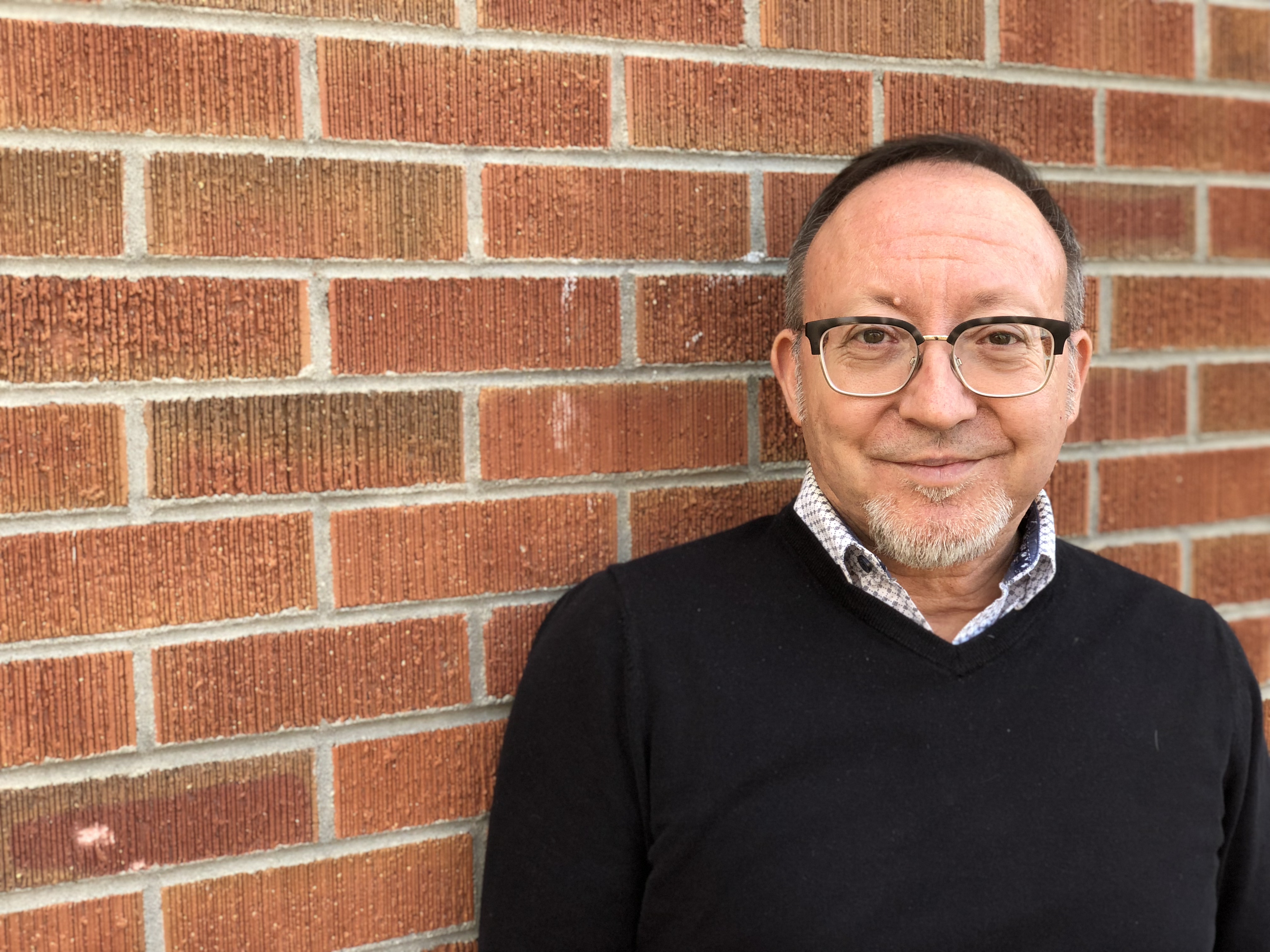My last few articles have been a discussion on reframing celibacy and singleness. We had help from Catholic priest, Henri Nouwen, and his excellent, helpful writings. He says that singleness and marriage are equal vocations (callings) concerning which we have a choice. But with either relational status, “space” needs to be reserved for our relationship with God. In my last article, I posed some important questions that need to be examined if we are walking out a single lifestyle for a season or lifetime. What is life going to look like and who will walk with us? Living out healthy sexuality should be a collaborative effort between God, ourselves, a few trusted friends and a safe community.
Speaking of a safe community, how can the church be a part of the solution for singles? What about for those men and women with a same-sex background and a traditional sexual ethic?
Preach it and Teach it
We have plenty of conferences, sermons and Sunday school classes on marriage and family—and that’s a good thing. Perhaps it might also be a good thing to give some air time to the idea of flourishing as a single person. If singles feel “invisible” in the sea of family life, this sure would help them to be “seen.” Teach biblically on how singleness and marriage are both valid, equal vocations. Discuss the benefits and difficulties of both relational statuses. Preach on what it means to live out healthy sexuality and relationships for individuals, whether married or single. Brainstorm with your congregation about how to love and support couples, parents, children and singletons within the community. Do this, because community is what everyone needs.
Help Them to Thrive in Their Single Relational Status
Questions to singles like “What’s wrong with you?” or “When are you getting married?” are amazingly unhelpful. For same-sex attracted men and women who are choosing celibacy, there can be extra baggage to work through. Sometimes if shame has been experienced around sexual desires or activity, we can feel unworthy of participating in God’s Kingdom. So, what would specifically designed discipleship look like to these men and women? How can churches help celibate Christians find their spiritual callings and utilize their gifts in service of church and culture? The church can benefit when we are truly alive in Christ.
Longings and Desires Matter
There have been many seasons in church culture when I have felt like I’m only a “quasi” person. The remedy most often presented to this partial personhood is finding my “other half”; then, I will be whole and fulfilled. Also, singles sometimes bear the stigma of being seen as asexual, neutral or genderless beings without longings and desires. Yet, God has designed us to be spiritual and sexual people created for deep personal connection. We long for fullness, emotional, physical and sexual intimacy, because that’s how He has made us.
I think most LGBTQ men and women feel their basic longings for love and intimacy are often invalidated. They are seen as “unreal” because the desires are for someone of the same gender. Is it possible for us as Christians to honor the boundaries God has put around the expression of our sexuality and still affirm the legitimacy of what LGBTQ men and women feel? Forgoing meeting some of these deep longings in order to live out one’s convictions does not mean that the needs no longer matter. We all require the support of our Christian communities to help us steward our God given desires in a healthy way.
Questions: Intimacy, Family and Community?
The biggest question for celibate Christians is, “What are intimacy, family and community going to look like for us?” I’ve seen friends answer this question in a variety of ways. Some will choose to live with several other friends (married and single) in “intentional community.” Think “Golden Girls” circa 2018. I know others who have been practically adopted into other families—sharing holidays, important events and daily life. Still others find a best friend or “soulmate” to share home and life with—but celibately–like a committed friendship. Despite the possibility of temptation that may be present, you have to admit it’s creative.
Wise counsel for those wanting to explore marriage
People get into marriages for lots of not so great reasons. I’ve met many men and women who have genuinely dreamed of being married and having children. Still, it’s always a good thing to get wise counsel when one is seeking marriage. What is involved in the motivation? Is it to appear “normal” (like anyone knows what that is)? We’re always a mixed bag of motives, but it’s good to sift through these questions. Also, I’d encourage transparency about one’s sexual history or same-sex attractions to the future spouse as early as is appropriate. I’ve seen many marriages end when the information comes out after the wedding. In our current culture, we need to give any marriage as good a foundation as possible.
Celebrate!
I mentioned several times throughout this series that there are rarely community celebrations for a single person. There are no weddings, showers or anniversaries; perhaps a birthday, job promotion or graduation will be celebrated, if you’re lucky. What are ways you can celebrate and honor the singles in your midst? How can singles be included in the workings of the community—besides doing time in the nursery? What opportunities are there to participate in weekly worship services and seasonal events like Advent and Lent? Everyone needs to be recognized and affirmed sometimes. Once again, it’s how God designed us.

Scott Kingry
Program Director
Make a Difference in Someone's Life
If you enjoy reading WGA’s blogs and would like to show your support, please consider making a donation. Where Grace Abounds is a 501(c)3 non-profit organization. The majority of services, including support groups and discipleship counseling, are provided free of charge. Your financial gifts help to cover the costs associated with offering a free program to those who seek WGA’s services.

